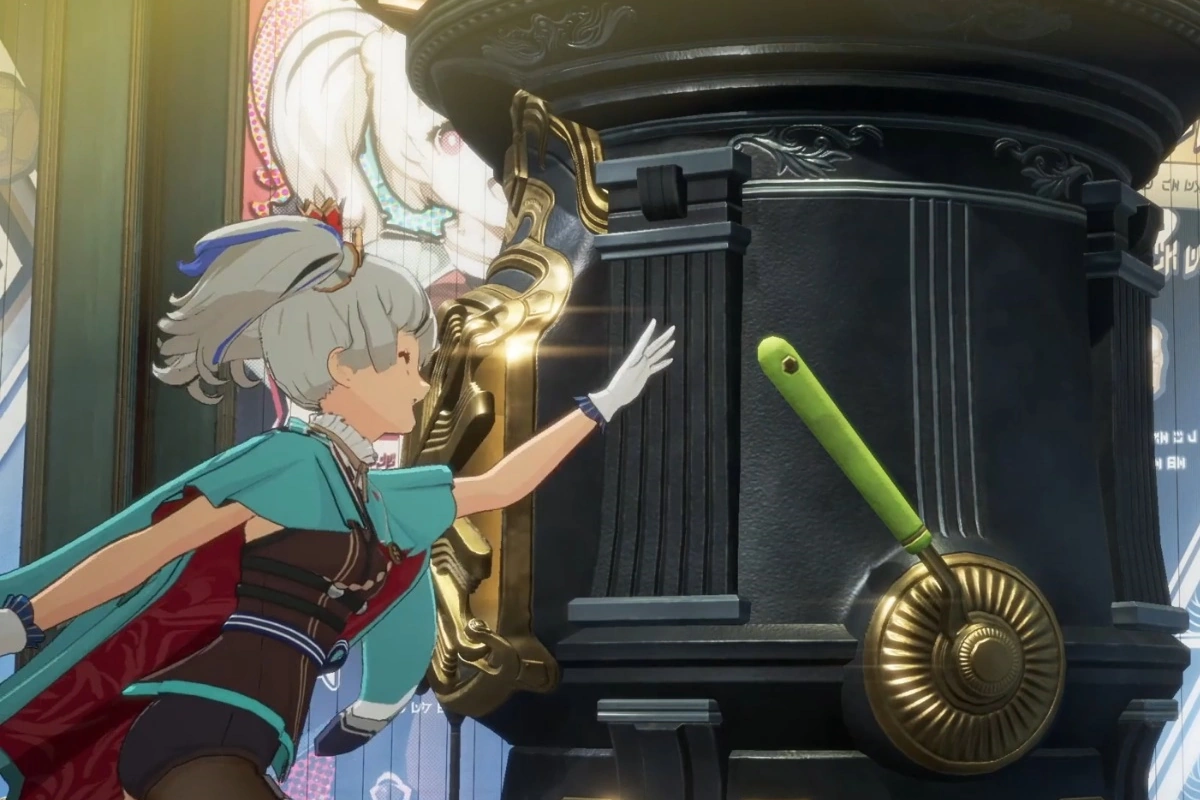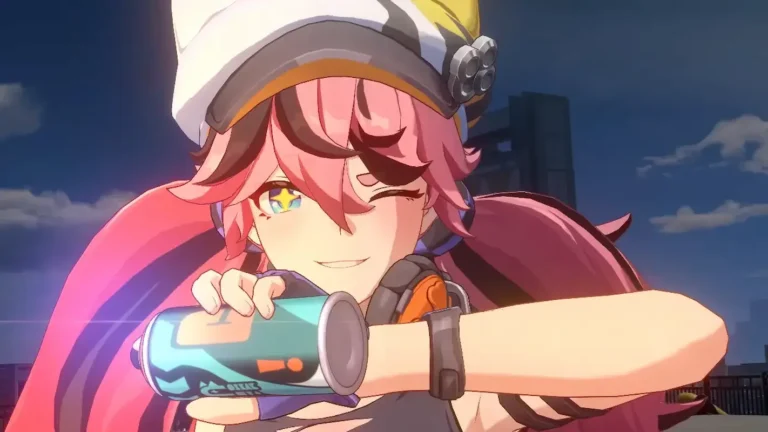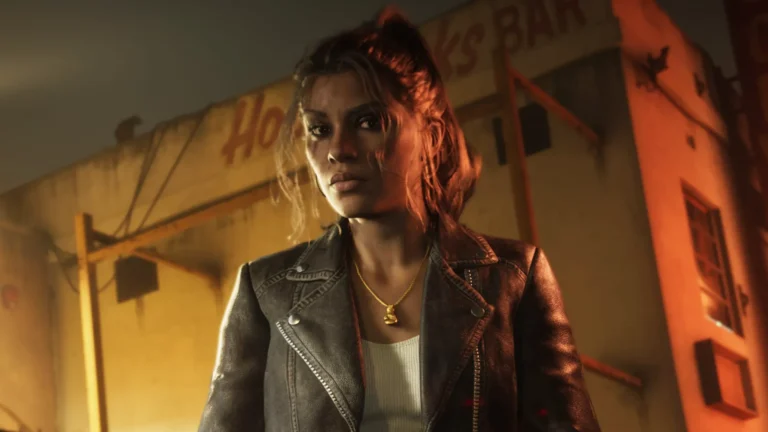The highly anticipated English release of Blue Protocol: Star Resonance has been met with backlash, as players in the West have been reacting to growing reports from the recent Chinese server release about aggressive monetization, pay-to-win mechanics, and community gatekeeping.
Blue Protocol is Bandai Namco’s IP – an ambitious anime MMORPG that had a rocky launch in Japan in 2023. Blue Protocol: Star Resonance is a relaunch of the project, this time being developed by Chinese developer Shanghai BOKURA Technology, a Tencent subsidiary.
While this relaunch tries to address some of the numerous issues the original Blue Protocol had in Japan, it appears to have introduced some aggressive micro-transactions and other problems of its own.
On TapTap – one of China’s main mobile platforms – the release of Blue Protocol: Star Resonance received a 3.2/10 rating. For reference, Genshin Impact has a score of 7.8 out of 10.
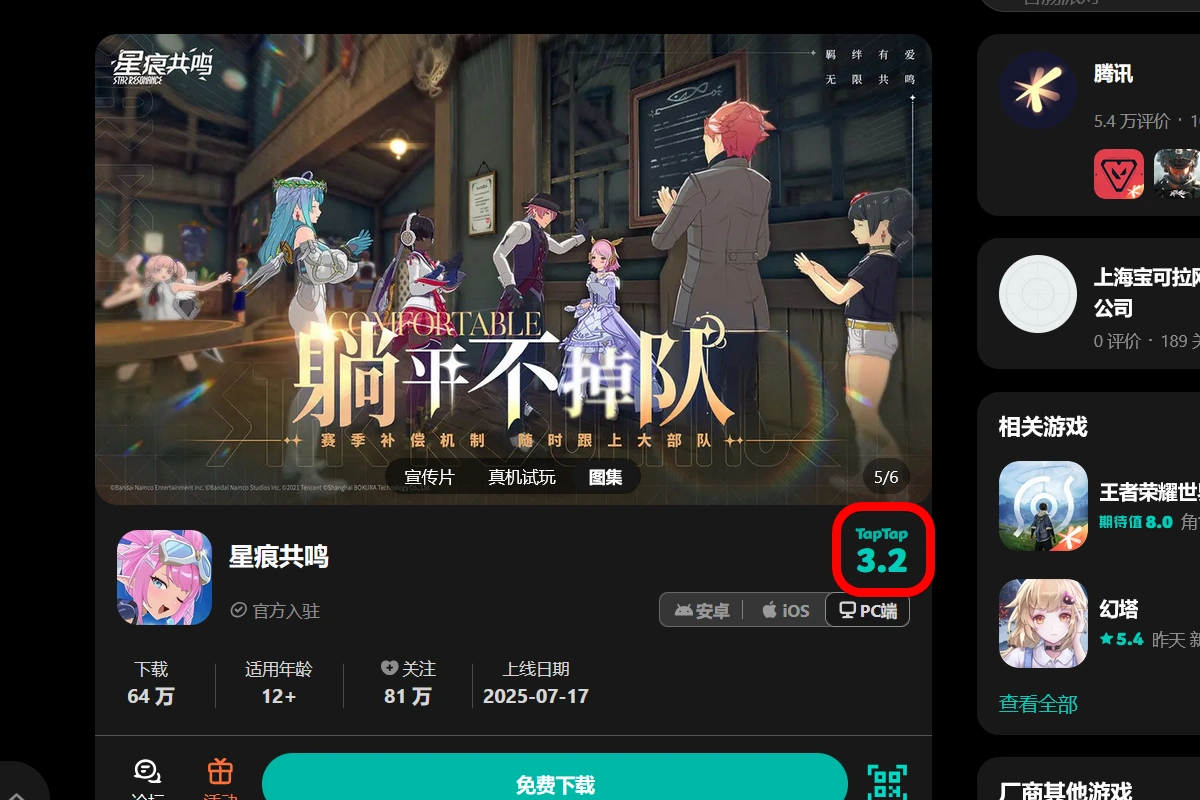
How Does Monetization work in Blue Protocol: Star Resonance?
In Blue Protocol: Star Resonance, there are four main currencies:
- Unbound Rose Orbs – Premium currency obtained only through paying.
- Bound Rose Orbs – Premium currency obtained for free through dailies, weeklies, exploration, and by purchasing Unbound Rose Orbs from other players.
- Unbound Luno – Progression currency obtained through the paid monthly pass, the daily ‘Guild Cargo’ mission, and selling life-skill items or Unbound Rose Orbs to other players.
- Bound Luno – Progression currency obtained through most other activities.

There is also a paid monthly pass, which offers daily login rewards for more bound orbs, and a premium season pass, which offers various progression materials.
Almost everything in the game’s shop can be bought with bound orbs, except cosmetics, which are mostly unbound orbs only. This forces players to spend money if they want cosmetics. These are strictly cosmetic and don’t offer any stat bonuses or player power.
There is, however, a gacha-based system with different banners for cosmetics, mounts, and ‘Battle Imagines‘. The drop rate for the featured rare is 0.15%, and there is a ‘pity’ for all these gacha banners (the maximum amount of draws it will take to receive the rarest drop) at 80 pulls. At $2.50 per pull, it will cost $200 worth of orbs to reach pity – or $185 when buying the largest package.
It is worth noting that the cosmetic and mount banners (the gacha mounts being faster than other free-to-play achievable mounts) are also paid orbs only.
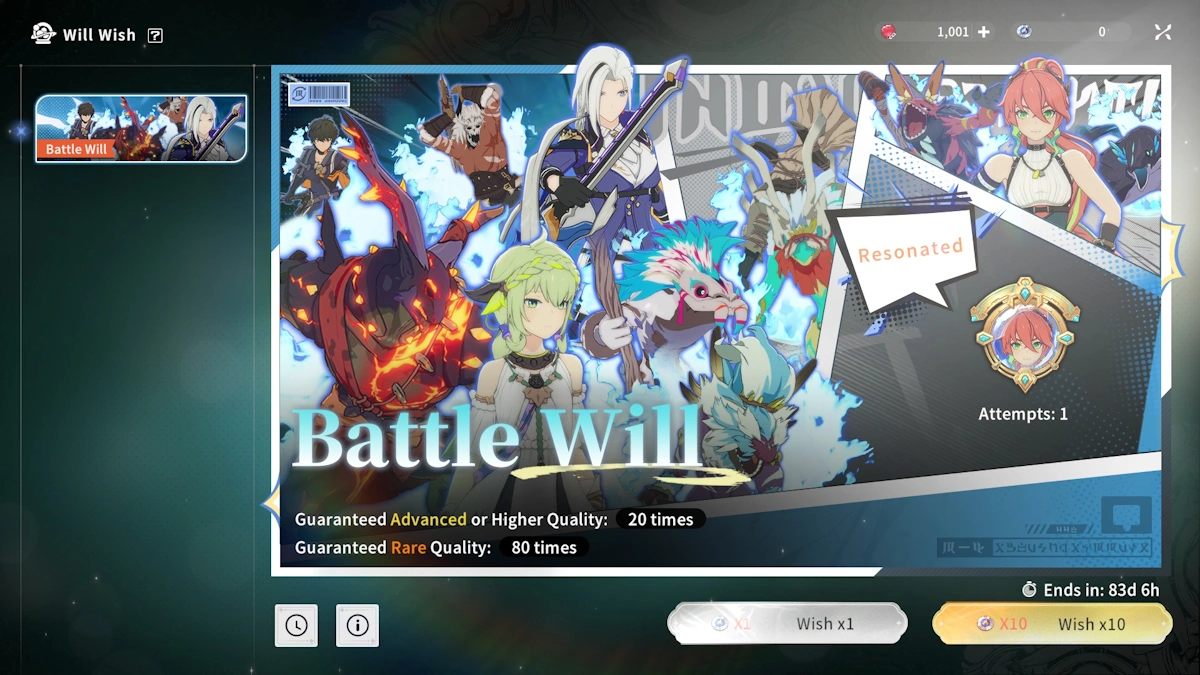
Most player discussions on Discord and Steam aren’t too concerned with the cosmetics part of the store but instead with the Battle Imagine system.
What Makes Blue Protocol: Star Resonance Pay-to-Win?
Like other gacha games, all of your character progression is earned through gameplay, daily and weekly activities. Unlike other gacha games, however, you do not need to pull for any characters, classes, or weapons. All gear and equipment you receive through normal play. You can pay for some progression items, but these all have hard-caps and time-gates to prevent people from getting too far ahead.
However, there exists an extra layer of character customization and progression through the Battle Imagine system. Here, you craft items called Battle Wills and extra materials together to create an equippable Imagine. Summoning the Imagine causes an effect such as damage to an enemy or buffs to yourself and allies. Crafting extra duplicates of an Imagine will also cause it to give a stronger ability and passive buff.
Battle Wills and materials dropped extremely rarely from twice-daily-capped boss fights… or by pulling on the Battle Will gacha. It’s not actually even uncommon to get into a situation where you have spent money on the Will banner, only to be unable to craft the Will into an Imagine as you’re missing materials.
You can buy Wills and Materials using unbound Luno on the player trading market – but as evidenced by the China servers (which have been live for about 1 month now), they’re so rare they’re usually unavailable to buy anyway.
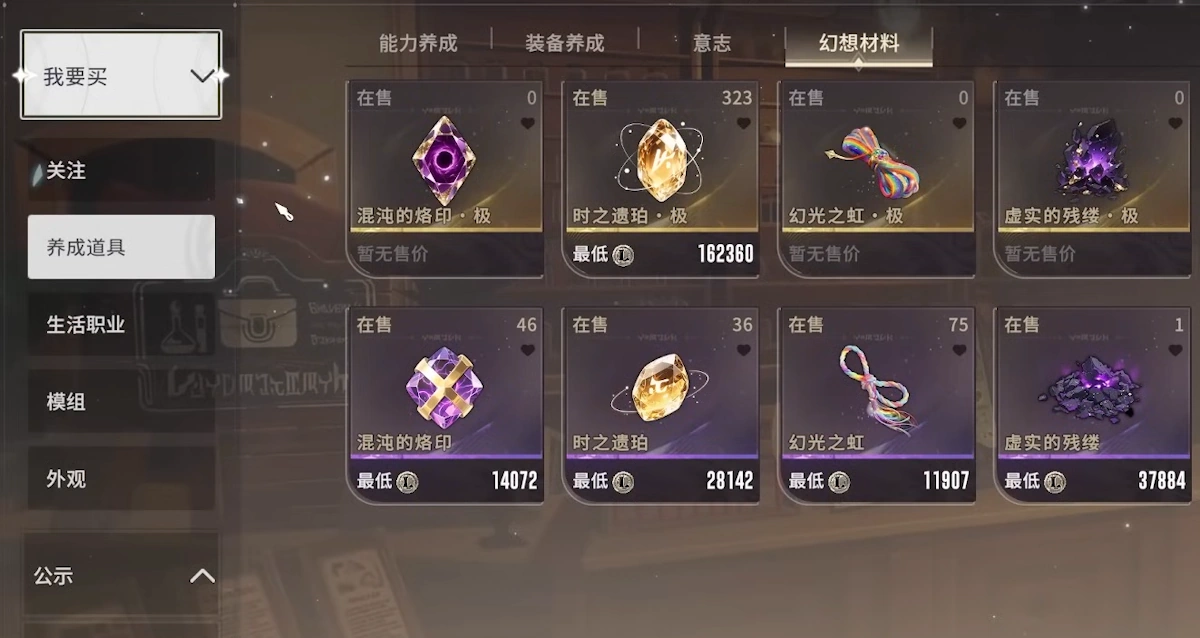
Thankfully, if you spend money pulling for a Will, you can always just buy the materials you’re looking for directly from the cash shop.
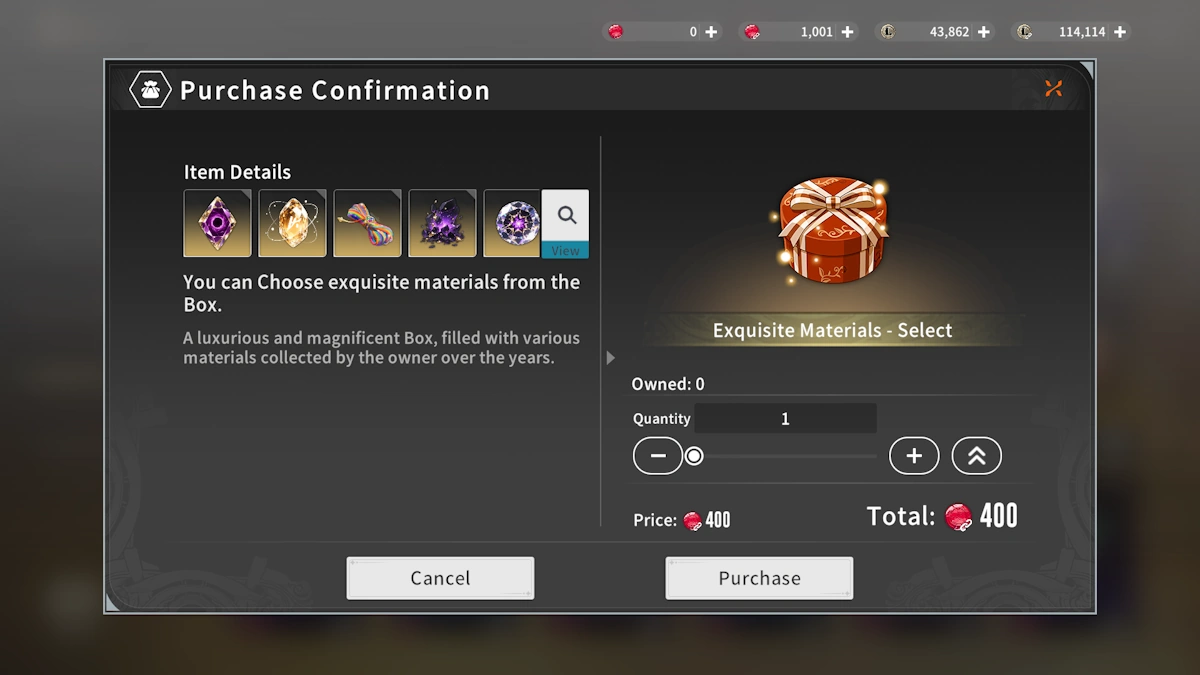
Of course, you can grind these over a longer period of time, or get the occasional lucky boss drop.
Except, you can’t — these are exclusive, rare ‘Human’ Wills on the gacha banner. These Wills cannot be received by a boss-drop and only exist through pulls (At the 0.15% rare slot mentioned earlier) or crafted through a material grind 3x longer than any other Will. Additionally, even though any other will can be bought from the player market, these ones are gacha exclusive.
Depicting various characters through the game’s main story, these Wills create the illustrious ‘Human’ Battle Imagines with unique abilities that you cannot get anywhere else in the game.
Most commonly desired is Airona, who sports the exclusive ability to instantly revive 4 other party members instantly. This can be wielded by anyone as well, including party tanks or DPS.
Having Airona (or ideally more than one Airona) on the team means you can outright skip boss mechanics if someone makes a fatal wipe-causing error.
Another is Tina, a support Imagine who gives 10 players in your party from 50-100% cooldown reduction for 20 seconds.
Does Pay-to-Win Matter in a PvE and Co-Op Only Game?
In an IGN Interview BOKURA’s founder Roy stated the following:
Our game focuses on a PvE battle and casual gameplay hybrid model, so we certainly don’t want a P2W environment here. While we do offer pay-for-convenience options (like currency conversion), none of these provide exclusive advantages.
This appears to be true so far. You can earn these rewards over time. You can absolutely clear all content without paying over time. Just keep in mind there are only so many free-to-play orbs to go around, and if you want to unlock things such as cosmetics or additional classes to play, you can’t spend them on the Battle Will gacha.
The game’s design is compromised by the ability to purchase resources or sell currency to other players. The Battle Wills are accessible as a chase item for free-to-play players, but if the drop rate of Wills and materials were too high they wouldn’t sell so they remain low to keep the pressure on the player.
Social systems are also under threat with this as well, creating a divide between players and payers.
Gatekeeping certain power levels and Battle Imagines naturally occur in this type of environment, and even a dedicated player logging in every day might not be strong enough (or lucky enough) to qualify for some bleeding-edge content, such as master-level dungeons when they’re unlocked.
We’ve seen this with other MMOs such as Lost Ark, which has similar gear progression and currency systems. If you’re starting in Lost Ark today, expect to have to find a guild to help you get into dungeons or otherwise pay gold to players to carry you through until you’re caught up.
A New MMORPG — Or Just Another Mobile Cash Grab?
While tainted with aggressive mobile-style monetization, it may not be the end of the game before it even begins. Many players are still excited to get their hands on Blue Protocol: Star Resonance, and it still boasts some features players have been hungry for in a true ‘Anime MMORPG’.
The character creator is impressive and completely open with no paywall behind any of the features. The guild system, dungeons, and social systems encourage parallel play with others in an open world. There are lots of life skills to progress and explore, and to later trade with others.
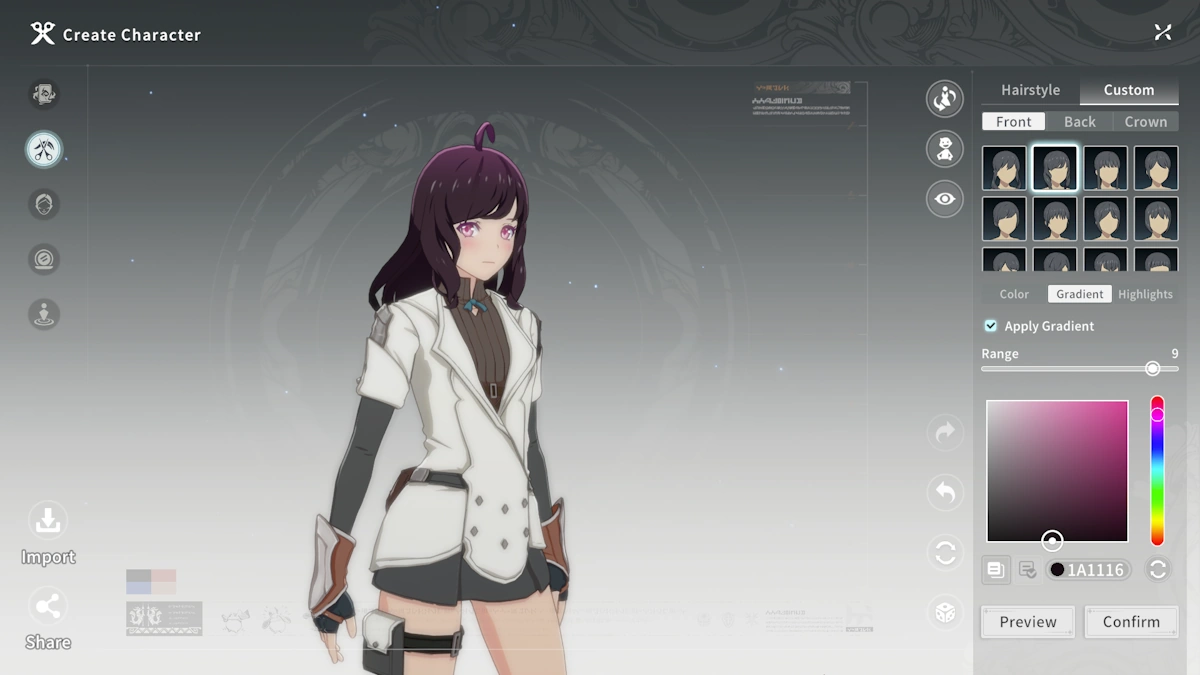
It’s just unfortunate that for everything good in the game, there’s the reminder that you’re simply playing another mobile game. There’s an open world to explore — with auto-run and auto-navigation. There’s life skills to enjoy — until you hit energy caps. Time-gates, gacha banners, absurdly low drop rates on items they want you to buy, auto-battle, and more.
We’ll see in launch later this year whether these systems will lead it to fail in the West as it once did already in Japan.
